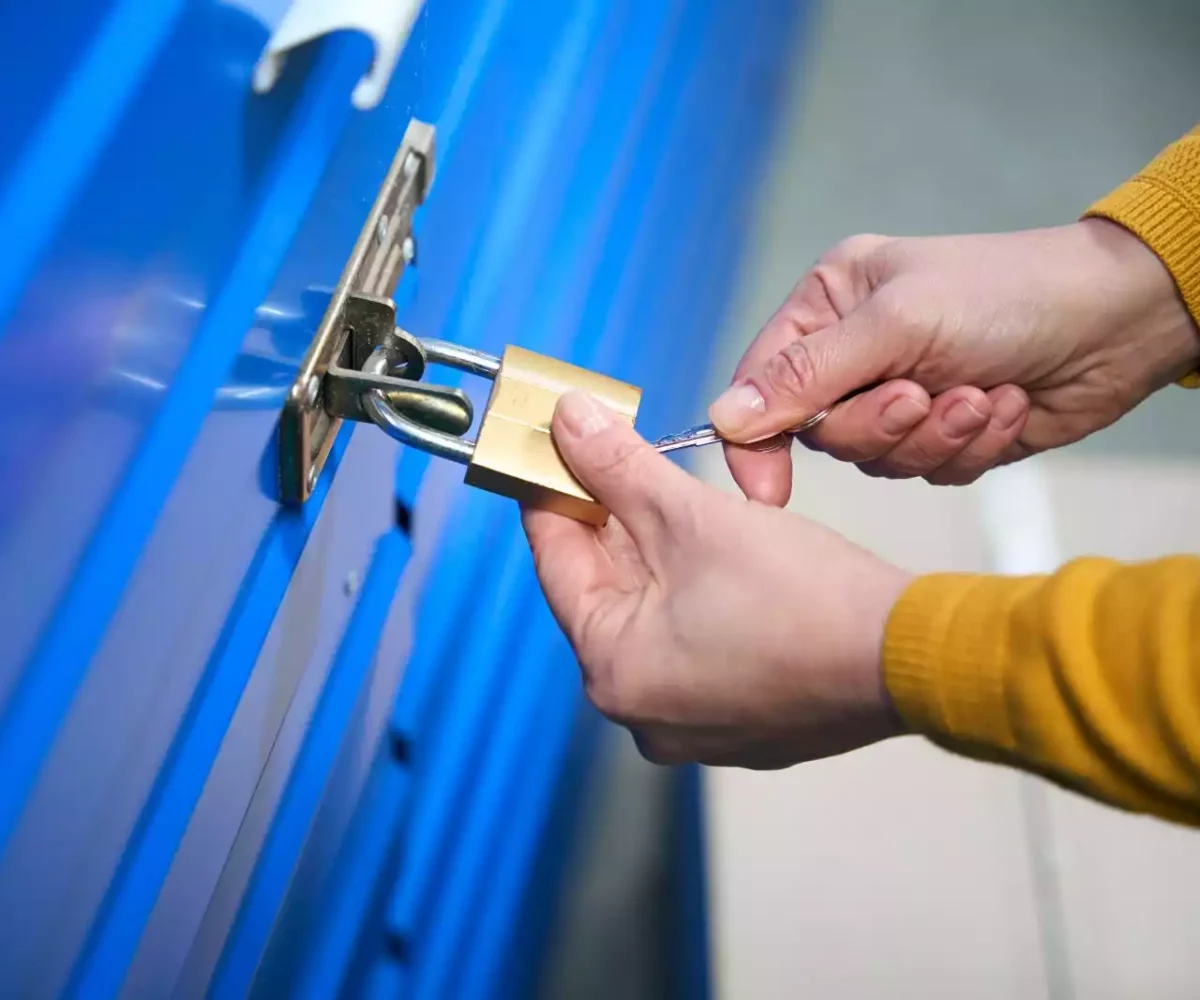Do I Need Storage Insurance?

Homes and cars aren’t your only possessions that need insurance. When you place your belongings in a self storage unit, you might be asked about an insurance policy that could require insurance to rent. Understanding the purpose and value of storage insurance is essential to the self storage process. So read on to learn more about the importance of protecting your belongings while in storage, the benefits of insurance, and whether it’s a necessity for safeguarding your possessions during their time in a storage unit.

Why Should I Get Storage Insurance?
Beyond any requirements from your storage facility, storage insurance adds a layer of protection to the security already provided. Your business, renters, or homeowners insurance can often only do so much when belongings are kept outside your home. While self storage companies are adept at providing secure solutions, storage unit coverage offers a financial buffer to give you peace of mind.
What Is Covered by Storage Insurance?
Storage insurance protects against theoretical risks associated with off-premise storage, including the following incidents that are out of your control.
- Burglary
- Fire
- Vandalism
- Fallen objects
- Weather damage, including wind, lightning, and weight of snow or ice
- Smoke
While most items in storage can be covered by insurance, vehicles like RVs, boats, and cars cannot usually be covered by storage insurance. If you plan on using a self storage facility to park your vehicles, you will need to talk with your auto insurance provider to evaluate your options, which may involve swapping to comprehensive car insurance while your vehicle is being stored.
What Does Storage Insurance Not Cover?
Chance occurrences, such as weather phenomena, are not typically included in coverage but could be covered with additional insurance. Below are some other standard exclusions.
- Earthquakes, sinkholes, and mudslides
- Power failure
- Damage from neglect, including poor maintenance and wear
- Intentional loss
- Water damage and flooding
- Mold
- Pest infestations, including insects and rodents
Coverage may vary depending on your insurance provider, so read the fine print before signing.

Types of Storage Insurance
Ideal storage insurance can look different for every person depending on what coverage they already have and what additional protections they may desire. Before shopping for a storage insurance provider, be sure about what your current insurance policy covers to decide if you’d like to invest in additional coverage through your insurer or as a separate policy. Read below for what each of these circumstances may look like and what storage insurance benefits would most interest you.
Coverage for Items Stored Under Homeowners, Business, or Renters Insurance
Your current insurance plan for your home or business may already offer some level of coverage for self storage units. However, your policy likely has a coverage cap that will only protect off-premise belongings up to a certain amount, often 10% of the value of the items you’re storing.
Additionally, items of higher value may have additional limits placed on them, which may require you to add on scheduled personal property coverage to fully protect any jewelry, antiques, or electronics you may have stored. You will need to take inventory of your storage to decide if your current insurance plan is sufficient.
Separate Self Storage Insurance
Consider seeking a stand-alone storage unit policy if you need additional coverage for uncovered potential damage. For example, someone living in geographic regions prone to natural disasters like tornadoes and avalanches might be inclined to sign a policy that includes coverage for such events.
As an additional bonus, your homeowners or business insurance rate will not be impacted by any claims because this is through a separate provider. Do your research to decide what additional insurance plan would best fit your storage needs, and talk with your current provider to see whether supplemental coverage is necessary.

What Can I Do To Protect My Storage?
Aside from investing in an insurance plan that you feel confident in, you should take proactive steps to understand the protections your storage facility offers and what you can do as an individual to help safeguard your things.
- Talk to your facility. Ask your storage facility about their security measures and any potential insurance offerings.
- Take care of your things. Follow storage tips to ensure your items are properly cleaned and packed.
- Don’t store forbidden possessions. Prohibited items are prohibited for good reason, so ensure you don’t store any flammable, perishable, or chemical items not allowed in your storage unit.
- Rent climate-controlled storage. Sensitive items made of materials like wood, leather, or paper can incur damage from prolonged exposure to extreme temperatures. Climate-controlled storage units are kept in a consistent temperature range year-round to help protect your belongings from the elements.
- Be a regular visitor. Visit your storage unit from time to time to check on things.
Secure Your Belongings With Advantage Storage
For a storage solution that prioritizes providing convenient, secure solutions, Advantage Storage is the place. Beyond advanced security measures and options for personal storage and commercial storage, Advantage Storage proudly offers tenant insurance through our partnership with the Bader Insurance Program, which is committed to providing user-friendly insurance with excellent coverage and affordable premiums.
Contact us today to discover a secure storage solution that makes your life easier, or visit one of our locations.
- Storage units in Arizona
- Storage units in Colorado
- Storage units in New Mexico
- Storage units in Oklahoma
- Storage units in Tennessee
- Storage units in Texas